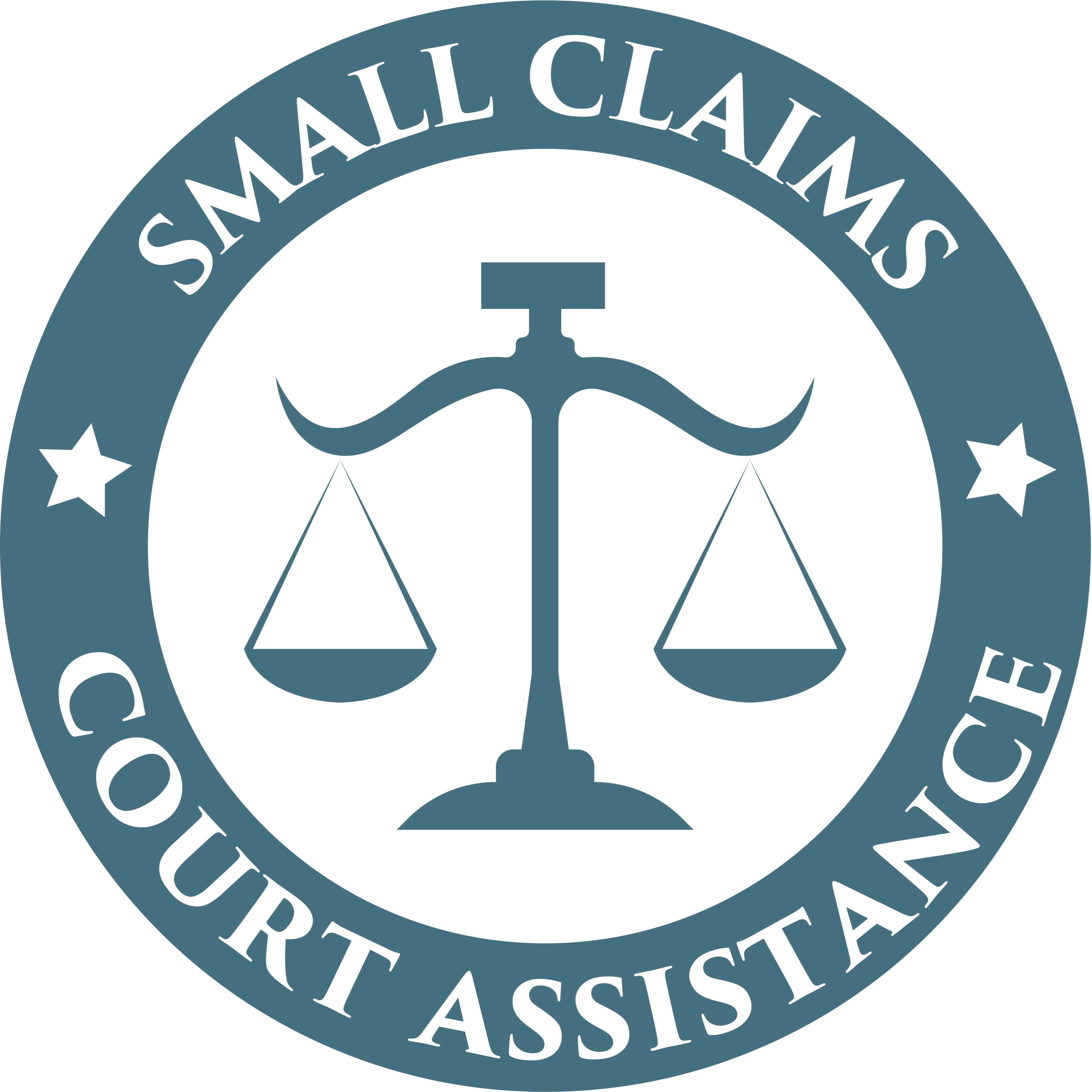You Won! But Where Is The Money?
You finally won your case! After months of appearances, unseen costs and the stress associated with litigation a case you finally have received your judgment. Unfortunately however you quickly realize that a judgment does not mean cash in your pocket. Collecting a judgment is often times more difficult than winning your case. While a judgment does give you remedies to force payment from a debtor, filing these actions are much more complicated than they may seem.
Wage Garnishment
Most creditors assume that the easiest way to collect a judgment is to issue a wage garnishment. A wage garnishment allows a creditor to start withholding portions of a debtors pay directly from their employer. While this can sometimes be a useful tool, failing to execute a wage garnishment properly can result in many problems for creditors. Wage garnishments are only truly effective against individuals that receive normal wages in the form of a w2. 1099 and self employed individuals are nearly impossible to attach a wage garnishment to. When a garnishment is successfully served on a debtors employer creditors are required in most jurisdictions to send a notice of exemption claim form to the debtor which instructs the debtor as to available exemptions to avoid the garnishment. To often creditors do not send this and when they start recover funds they are required to return them to the court for failing to properly do this. Wage garnishments can also be complicated from the standpoint of actually receiving withheld funds. In some jurisdictions, plaintiffs have to file a turnover motion for the court to order the employer to release the funds as this process is not always automatic.
Bank Garnishments
Most jurisdictions allow a creditor to attach a judgment to bank accounts in the debtors name. Most creditors consider this an easy process however the intricacies of a bank garnishment make attempting it on your own a poor decision. In most jurisdictions you must have the tax Id number or account number and the bank name the debtor banks at for a garnishment to be accepted. Most people do not realize however that a bank garnishment is actually an action against the bank and not the debtor. In most circumstances, while the bank is compelled to answer the garnishment, they are also entitled to request attorney fees which the creditor will have to pay which can range from $200.00 to $600.00. If the account is a joint account it will most likely not be successfully garnished. It is also important to note that the account must match the name on a judgment. A judgment against Tom Smith will not allow you to withhold funds from a bank account under the name Thomas Smith or his business ACB Painting, LLC. The name on the account must be an exact match to the judgment debtor. Even when successful, the bank is not going to just send you the funds. You also have to file a turnover motion in court for the court to order the release of the funds as the garnishment order just orders the withholding of the funds.
Depositions and Discovery
When garnishment efforts fail creditors move to drying to depose their debtors using a debtors examination or by sending discovery. While these actions can be simple to file, making them effective requires experience in the field of judgment recovery. To make these actions actually work, the questions that are being asked must be unambiguous and direct. A debtor can withhold information if the questions and requests cast to wide of a net. Additionally, debtors have the right to contest any deposition questions or discovery requests and a creditor must be capable of providing a compelling argument why the request is relevant. If the debtor is represented by counsel they will often do this in a motion which means the creditor will have to respond to the motion which will require a legal position as to why the requests are reasonable and in line with the law. This is all of course if the debtor even responds. Many times debtors just ignore these orders which leave creditors having to go back to court filing motions to compel the responses and even motions for contempt. Understanding how to properly file these actions and the order in which they are filed has a direct effect on the likelihood of them being accepted.
Allowing Professionals To Handle Your Judgment
Collecting a judgment is not an easy task. Utilizing a professional that understands the complexities of judgment recovery is necessary for a positive result. Contact our office at 407-374-0000 to speak with one of our intake specialists about your judgment and what we can do to help.
